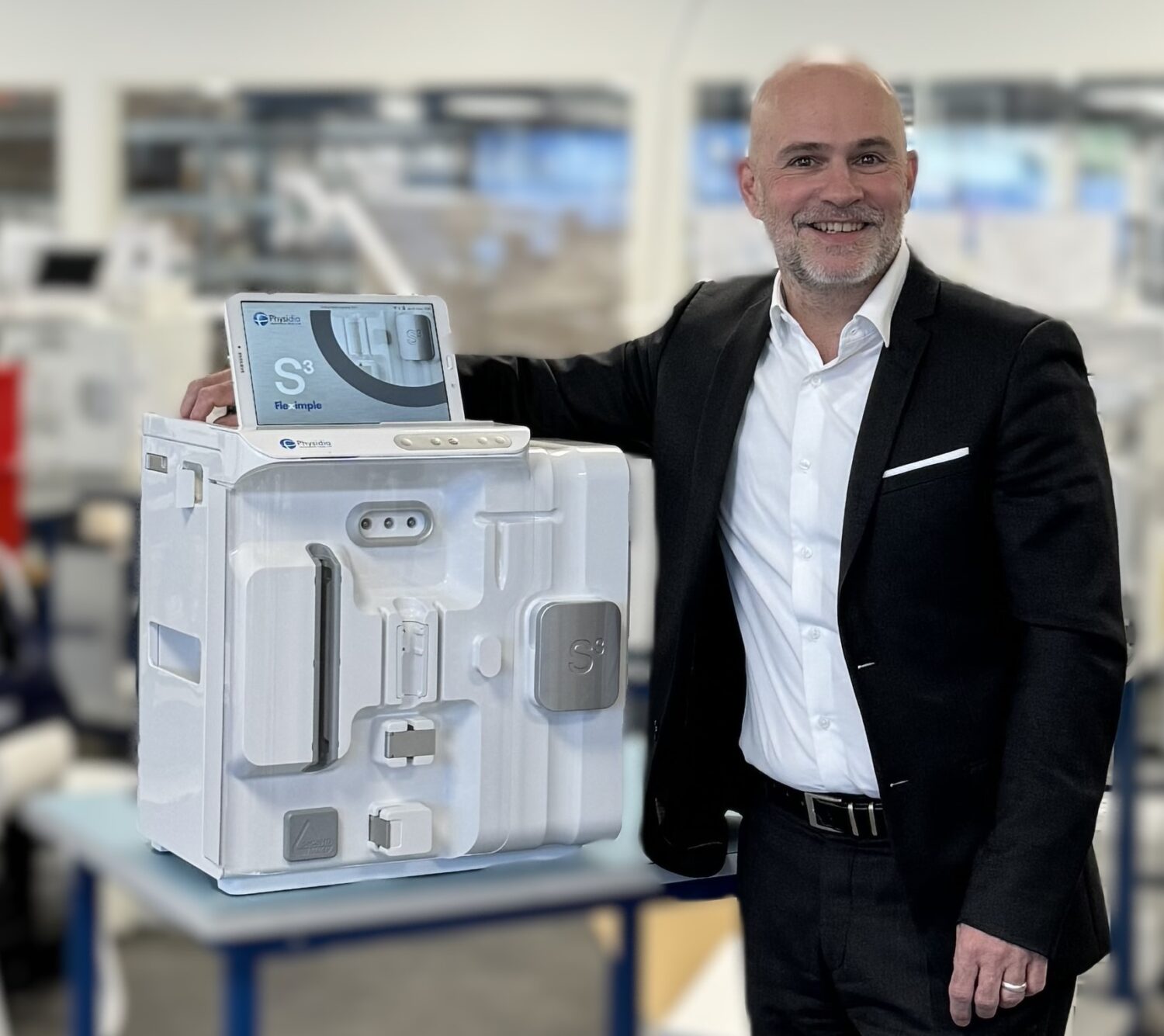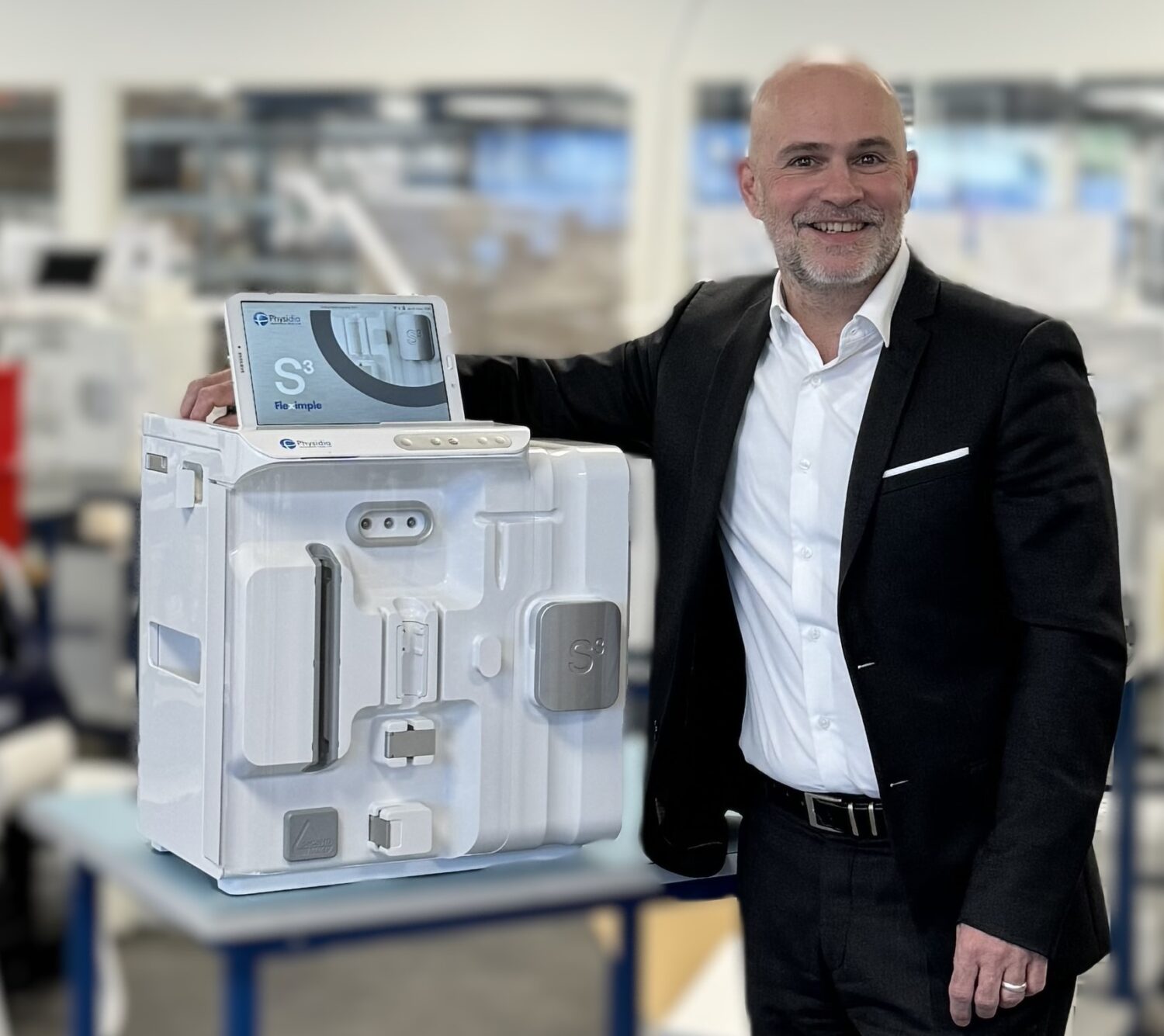This strategic expansion marks a significant step in strengthening Physidia’s leading presence in Europe and advancing its long-term commitment to making frequent home dialysis more accessible for patients.
This local presence will enable the company to better support German healthcare providers in implementing frequent home hemodialysis — a therapy proven to enhance patient clinical outcomes and daily lives¹,².
About 80,000 patients are currently treated on dialysis in Germany, and less than 1% are performing home hemodialysis. This reveals a significant gap in access to home-based therapies compared with other European countries, highlighting the need to expand and optimize home dialysis programs.
“With the launch of Physidia GmbH, we are reinforcing our commitment to collaborate closely with German healthcare professionals and promote home-based dialysis therapies that improve patients’ health, quality of life, and freedom,” said Julien Dolivet, CEO of Physidia.
Through its innovative solution, designed for home use — combining the S³ home hemodialysis monitor, PhysiNums® remote data platform, and dedicated training services — Physidia provides healthcare professionals and patients with an effective and reliable therapy.
Home hemodialysis improves patients’ health, quality of life, and freedom.
Home hemodialysis, an alternative to in-center treatment, enables patients to receive frequent dialysis sessions in the comfort and safety of their own homes. This approach is the most physiological and significantly improves patients' quality of life by reducing fatigue, allowing for rapid recovery, and offering more free time. Clinical benefits include improved hemodynamic and nutritional stability, reduced cardiovascular complications, and a significant decrease in mortality rates¹,².
Although the treatment may initially appear more expensive than in-center care, this is not the case when considering the total cost to the community. Transportation alone accounts for a cumulative 14% reduction in costs. In addition, enabling patients to return to work — or to maintain employment — creates a substantial socioeconomic benefit, as individuals previously on long-term sick leave become valuable contributors to the economy once again³.
Finally, home hemodialysis provides a practical and sustainable response to the current shortage of hospital staff.


